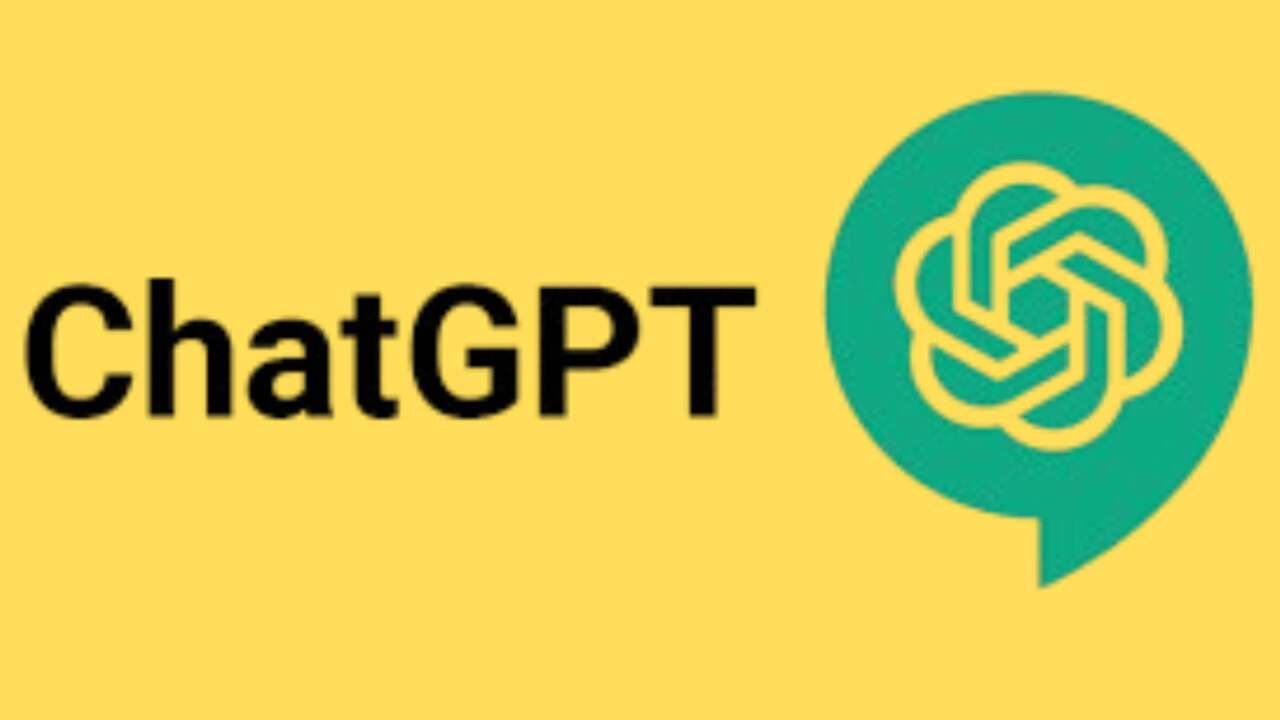Thrive Capital, SoftBank Group Corp., and other investors purchased around $6.6 billion worth of shares from current and former OpenAI workers.
OpenAI Overtakes SpaceX Valuation
The ChatGPT owner has surpassed Elon Musk‘s SpaceX to become the biggest startup in the world after completing an agreement to assist staff in selling business shares at a $500 billion value.
According to a source familiar with the deal, current and former OpenAI staff members sold around $6.6 billion worth of shares to investors such as T. Rowe Price, Thrive Capital, SoftBank Group Corp., Dragoneer Investment Group, and Abu Dhabi’s MGX. That significantly raised the US company’s valuation over its $300 billion mark from a SoftBank-led funding round earlier this year.
Global AI Investment
This quick ascent highlights the fervor for investment around the pioneers of a technology that has the potential to revolutionize economies and industries throughout the world. Nvidia Corp. and Sam Altman’s OpenAI are among the organizations spearheading a worldwide drive to construct data centers and provide artificial intelligence services, an endeavor that is anticipated to cost billions of dollars. Even though it has not made any money yet, the US firm is contributing to the infrastructure growth by signing huge contracts with companies like SK Hynix Inc. and Oracle Corp.
Thrive Capital, Dragoneer, MGX, and T. Rowe Price representatives did not immediately reply to inquiries for comment. SoftBank and OpenAI representatives refused to comment.
OpenAI surpasses SpaceX‘s $400 billion value as a result of the transaction. The firm, which is negotiating with Microsoft Corp. to become a more conventional for-profit business, is reaching a turning point at the same time as that milestone. Established in 2015 as a nonprofit organization, the company’s mission is to advance digital intelligence “in the manner that is most likely to benefit mankind as a whole.” The proposed amendments would transfer ownership of a new public benefit company to the nonprofit organization that now operates OpenAI.
OpenAI Faces Talent Battle
The co-founders of OpenAI, Musk and Altman, have both discussed the grave threat that AI poses to humanity. They have subsequently parted ways, however, with Musk suing to block the change and accusing OpenAI of breaking agreements he made when he helped form the foundation. He asserts that when it began receiving billions of dollars in funding from Microsoft in 2019, the year after he departed from OpenAI’s board, it betrayed its original intent.
As large tech companies compete for the resources they need, OpenAI must contend with a more competitive market for AI expertise. With salary offers in the nine-figure level, Meta Platforms Inc., for example, has actively recruited researchers from OpenAI and other elite laboratories for their new “superintelligence” team.
OpenAI could be able to encourage employees to remain with the firm and reject those generous pay offers with the assistance of a secondary sale.
OpenAI Expands AI Dominance
In order to compensate and retain workers and draw in outside investors, large US startups often bargain for share sales for their workforce. OpenAI wants to use investor demand to provide staff members liquidity that keeps up with the company’s expansion.
According to the person familiar with the matter, who spoke on condition of anonymity because the material is confidential, the total number of eligible units sold in the secondary was less than the $10 billion or more worth of shares that the business permitted for sale. That would indicate that both present and past workers are showing faith in the company’s long-term survival, the source said.
Over time, competitors like Google and Anthropic, who are also accumulating money quickly, will put increasing pressure on OpenAI. The business has launched a number of new technological products in response.
These include two publicly accessible artificial intelligence models that can replicate human thought processes, months after China’s DeepSeek garnered international recognition for its open software. In an effort to strengthen its position in a field that is becoming more and more crowded, OpenAI unveiled its most potent GPT-5 model in August.

